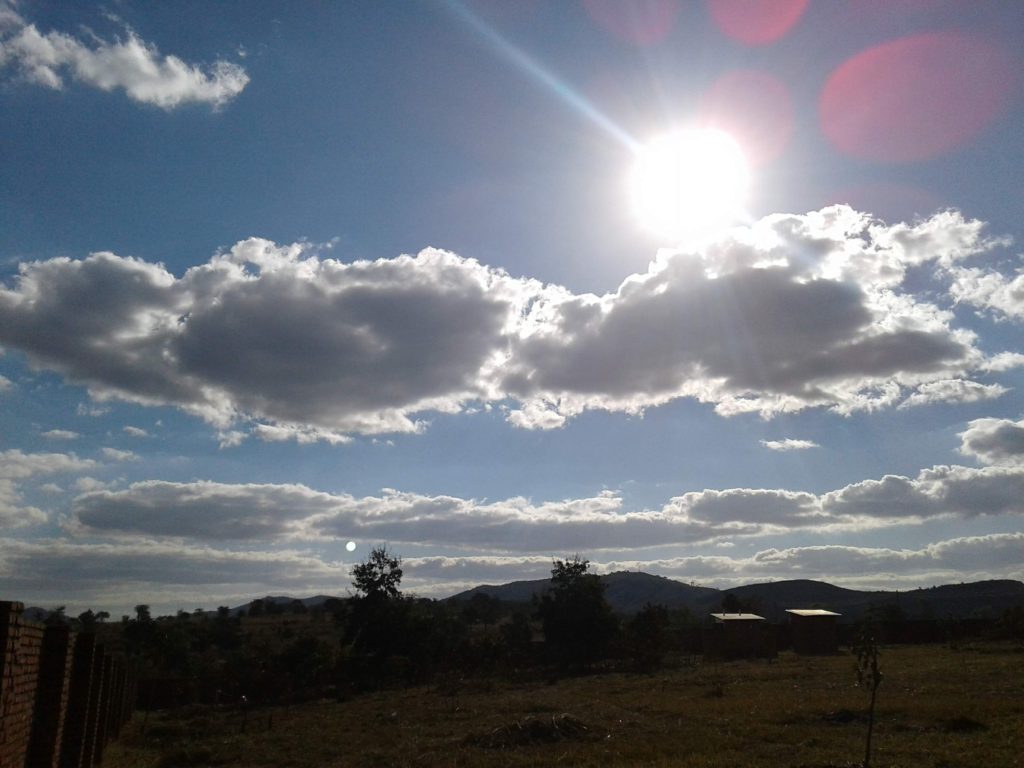“No, no, no!” I said to the elderly man jumping out of place and messing up our orderly set-up of white plastic chairs. We had arranged the chairs for villagers hoping to see the doctors, many of whom had come from miles away and who may never have seen a doctor before in their lives. The line snaked forward in three rows, with women and children seated first, followed by the men. Eventually, the patients were a mix of genders, ages, and varying health, all seeking a bit of understanding about whatever ailed them and maybe some respite.
The Village of Hope was founded by Christian missionaries from my hometown of Jacksonville, Florida. Comprising a chapel and a school for literacy and textile making, the mission is set amid rolling hills and roads of red clay in the town of Dowa, an hour outside of Malawi’s capital city, Lilongwe. The residents of the area subsist on farm work, a few service jobs in town, small-scale entrepreneurship, or the kindness of strangers. With scant record keeping, most people have their medical histories recorded in a passbook, often empty and sometimes without even a birthdate. In this rural section of Malawi, the dominant language is Chichewa, of which I knew not a word.
The order was simple: as someone got called in to see the doctors, the next person moved into the newly vacant seat, and the next one, and so forth. But that wasn’t exactly how it went. As some people moved in proper order, others would move from the back row to the open seat on the next row and often, someone ended up standing. They didn’t know the right order.
That was when it occurred to me: they didn’t know how to follow, how to be filed, how to be processed, because they hadn’t been trained. They hadn’t been systematized. They were, in a hyphenated word, free-range.
I guided the elderly man to the seat in which he was supposed to sit, upset at my own tone of voice and thinking that I at least owed it to these good people to learn “please” and “thank you” in Chichewa. Instead, I bowed a lot and smiled, just like all the other guilt-ridden mzungus.

